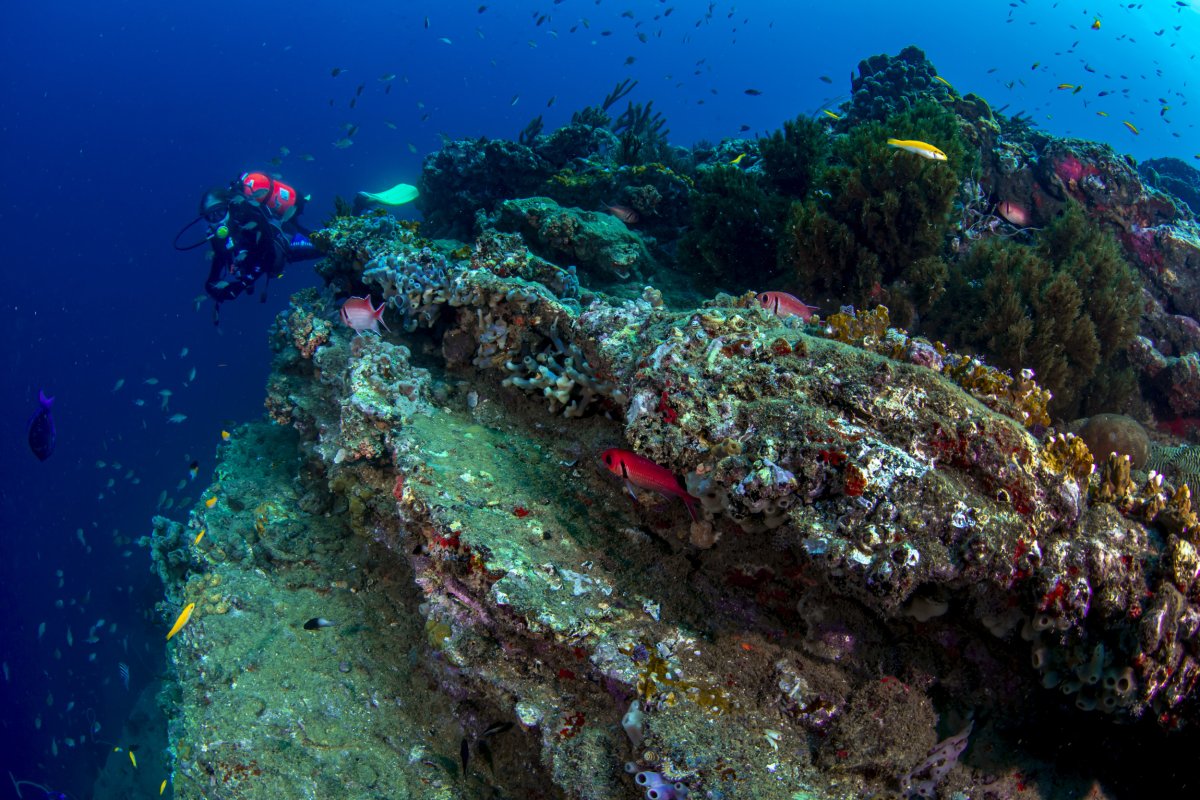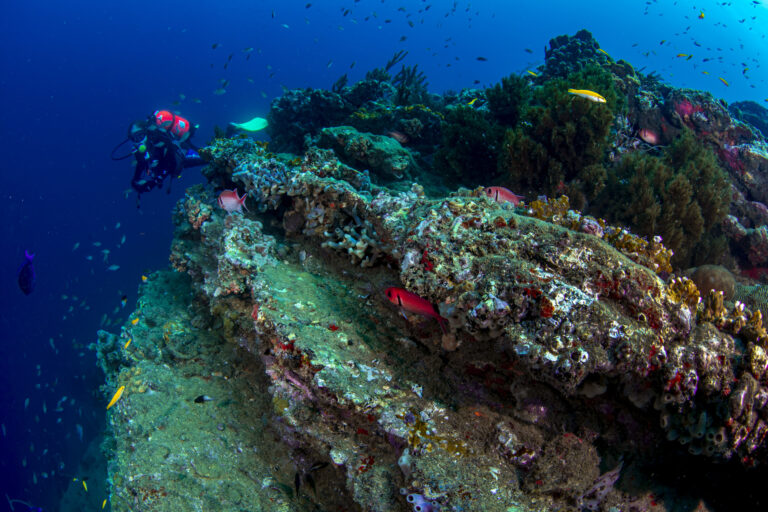Invoking national security to justify private sector economic development is a tired cliché. And yet, in a troubling twist, a Canadian company is invoking U.S. national security to obtain an exclusive license from the U.S. government for a deep-sea mining venture for critical minerals in international waters—and it appears to be working.
In April 2025, the Trump administration issued an executive order to greenlight deep-sea mining in international waters, signaling a possible intent to bypass international safeguards. Just days later, an application was filed—the world’s first—to commercially mine the global seabed for minerals, including manganese, nickel, copper, and cobalt.
These minerals are sometimes linked to defense needs, but there is little evidence that U.S. military procurement prioritizes them—or that seabed mining is necessary. U.S. sanctioned seabed mining contributes nothing to solving the real chokepoint: China’s dominance in processing, not extraction.

Getty Images
Industry proposals would ship unrefined ore to overseas processors, with no domestic value added or direct supply chain benefits. The four metals targeted by would-be deep-sea miners are not subject to Chinese export controls, and the U.S. is not materially dependent on China for their raw ore. In many cases, the U.S. is a net exporter or can readily import from allies like Australia, Chile, and South Africa.
There is a 50-year history of corporations attempting to access minerals on the ocean floor, with the dominant narrative shifting over time—from economic opportunity to climate necessity to national security. But invoking national security to justify deep-sea mining ignores the broader geopolitical reality: bypassing international consensus does not strengthen U.S. interests.
Companies leading the push to launch deep-sea mining under a U.S. license are foreign-incorporated entities with no operational footprint—and no meaningful supply chain commitments to it. The timeline for commercial production remains uncertain and subject to indefinite delays due to technical, financial, and regulatory hurdles.
Far from offering strategic value, this initiative is best understood as a speculative venture propped up by shifting political winds. Deep-sea mining is not the answer to a mineral security crisis—it’s a solution to a problem that does not exist.
The industry’s business model not only fails to strengthen U.S. supply chains, it undermines the international legal frameworks the U.S. relies on to secure its maritime rights. This contradiction is especially stark when viewed through the lens of the United Nations Convention on the Law of the Sea (UNCLOS), the foundation of U.S. ocean diplomacy and strategic interests.
The United States has long upheld most tenets of UNCLOS, benefiting from its framework even without ratifying it. In 2023, it secured sovereign rights over more than 1 million square kilometers of seabed—an area larger than Texas— coveted by Russia and Canada.
Industry attempts to exploit the outdated Deep Seabed Hard Mineral Resources Act (DSHMRA) to bypass the International Seabed Authority (ISA) directly challenges these principles. France has called it “environmental piracy.” Even China has denounced the move, positioning itself as a champion of multilateralism—a recognition once held by the U.S. The consequences are not hypothetical: this legal sleight of hand weakens the U.S.’ extended continental shelf claims, threatens military operations that rely on legal clarity at sea, and erodes our moral authority to lead in maritime governance.
A global moratorium is urgently needed, and the ISA has a critical role to play by halting exploitation licenses under its authority until robust environmental safeguards and scientific assessments are in place. While not universally binding, a moratorium would reinforce international norms, raise the political cost of going it alone, and help protect global ocean governance. The organization’s council, which met in July, passed a resolution urging its legal and technical body to look at “noncompliance” with international law.
What is truly at risk is the deep ocean itself—a living, carbon-storing, biodiversity-rich system we scarcely understand. A 2023 peer-reviewed study found that deep-sea mining could have a 28 percent higher climate impact than land-based sources, which are already major climate change accelerants. Even the ISA’s own financial models show collapsing economic projections due to the volatility of the market for these metals—further calling into question the wisdom of risking irreparable damage to deep ocean ecosystems.
Safer, cleaner, and more cost-effective alternatives—such as mineral recycling and domestic refining efforts—are gaining momentum, many with backing from the U.S. Department of Defense.
If the U.S. wants to lead, it must uphold international law, not exploit its loopholes. The International Seabed Authority must hold the line, and Congress should reform DSHMRA and prevent foreign corporations from abusing U.S. law.
Protecting national security means preventing ocean conflict—not accelerating it. We cannot outpace our principles. A moratorium on deep-sea mining is not a delay tactic; it’s the strongest course of action—for peace, for ecosystems, and for American leadership.
Randy Manner, a retired U.S. Army major general, has served as acting and deputy director of the Defense Threat Reduction Agency, where he helped safeguard nuclear weapons and materials and assisted with the neutralization of chemical munitions in Russia.
Kevin Green, a retired U.S. Navy vice admiral, has served as deputy chief of naval operations and was recognized with the Navy Distinguished Service Medal and the Legion of Merit. He commanded the USS Taylor during Operation Desert Shield and later led the U.S. Naval Forces Southern Command.
The views expressed in this article are the writers’ own.


